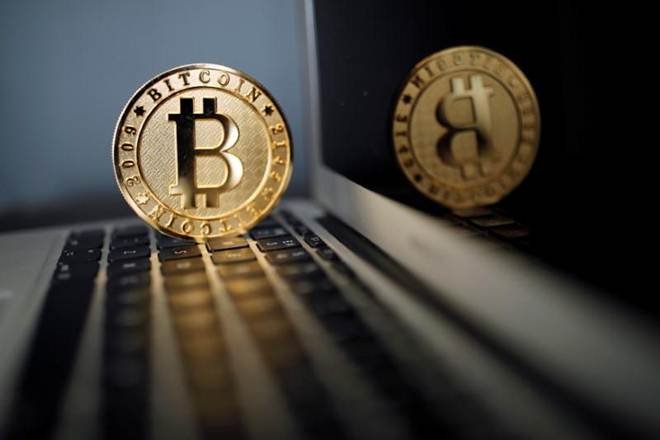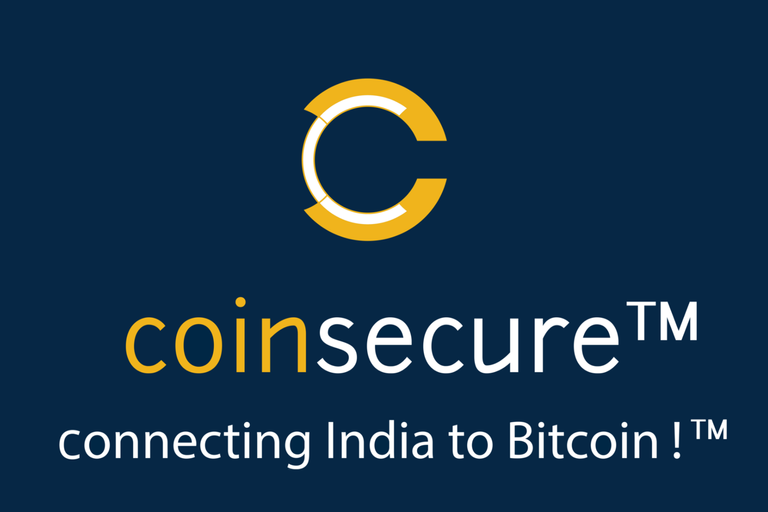India has sent duty notification to a huge number of individuals managing in digital currency after an across the country overview demonstrated more than $3.5 billion worth of exchanges have been led over a 17-month time frame, the pay charge office said.
Well informed youthful financial specialists, land players and gem dealers are among those put resources into bitcoin and other virtual monetary forms, impose authorities told to a news agency in the wake of social affair information from nine trades in Mumbai, Delhi, Bengaluru and Pune.
Governments around the globe are thinking about how to control cryptographic money exchanging, and policymakers are relied upon to talk about the issue at a G20 summit in Argentina in March.
The Indian government has issued rehashed notices against computerized cash speculations, saying these resembled "Ponzi plans" that offer uncommonly significant yields to early financial specialists.
Be that as it may, it has not so far forced controls on an industry evaluated to include 200,000 clients in India consistently.
B.R. Balakrishnan, a chief general of examinations at the pay impose division in the southern territory of Karnataka, said sees were sent after the review to evaluate the entrance and examples of virtual cash exchange.
"We can't choose not to see. It would have been lamentable to hold up until the point when the last decision was out on its legitimateness," he said in an interview.
The assessment division has asked individuals managing in bitcoin and other virtual monetary forms, for example, ethereum and swell to pay charge on capital increases. They have likewise requested insights about their aggregate possessions and the wellspring of assets in the duty see seen by a news agency.
"We found that speculators were not pondering it their government forms and much of the time, the venture was not represented," Balakrishnan said.
Bitcoin, the world's greatest digital money, took off more than 1,700 percent a year ago, hitting a record high barely short of $20,000 as institutional and retail speculators around the globe gobbled up the virtual cash.
Its enormous additions have pulled in the consideration of worldwide controllers entrusted with shielding financial specialists from extortion.
Lately, Japan and China have made clamors about an administrative crackdown, while South Korean policymakers said they were thinking about closing down household virtual cash trades.
Control(Rules & Regulations)
An Indian fund service official said a government panel was investigating the likelihood of forcing limitations on virtual monetary forms and that in the end parliament would need to enact an administrative administration.

Source
Authorities at Zebpay, India's driving bitcoin trade, said the business was including close to 200,000 clients consistently with an expected exchange volume of around 20 billion Indian rupees ($315 million).
"A considerable lot of our clients are treating advanced cash like gold," said Zebpay fellow benefactor Saurabh Agarwal.
Aman Kalra, showcasing head of Coinsecure, a bitcoin trade in New Delhi, said more than 150 bitcoins were changing hands each week through its stage. The organization has 100,000 enrolled clients and is currently propelling a stage to offer ethereum and other computerized monetary forms.
"I don't figure anybody in the administration should name our business as a 'Ponzi plot', we are not doing anything unlawful," said Kalra.
Expense auditors said they looked for assistance from specialists in blockchain, the innovation that supports bitcoin, to direct the study.
Now and again, impose authorities themselves took an interest in the exchange to recognize escape clauses after they discovered financial specialists had poured in billions of dollars through unregulated trades.
The greatest stress for New Delhi, the fund service official stated, was the manner by which to secure financial specialists exchanging on seaward trades.
Officially several speculators have gone to the police and courts with protests of exchanges in virtual monetary forms that ended up being false, said Pavan Duggal, a Supreme Court legal advisor having some expertise in cybercrimes.
"Considering digital currencies are digging in for the long haul, the administration must consider giving constrained legitimateness while guaranteeing that these are not utilized for crypto violations," he said.


@OriginalWorks
Your post is really great. I found it awesome. I like it. Thanks for sharing with us.
This post has received a 0.24 % upvote from @drotto thanks to: @abhin.
Resteem